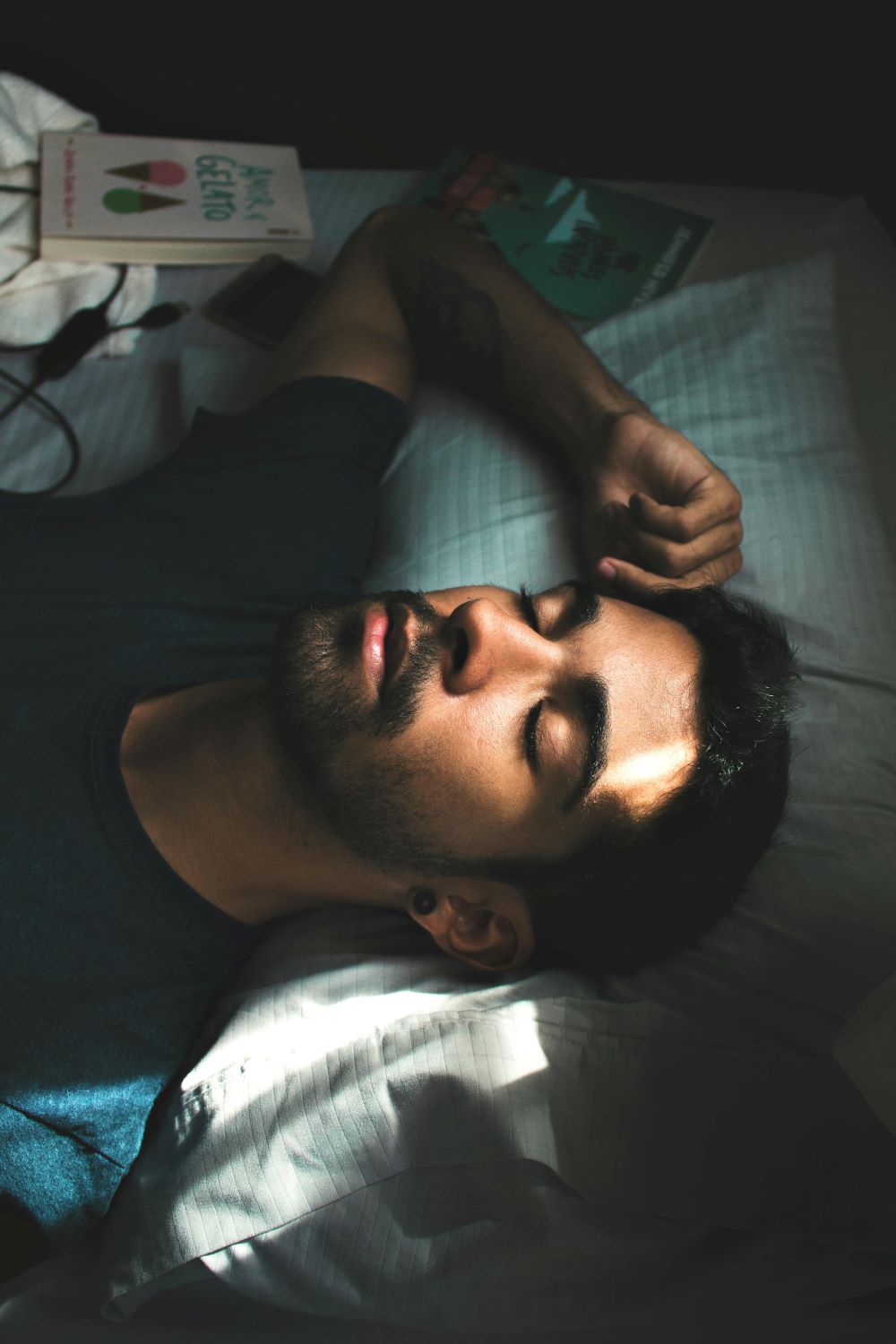Better sleep not only improves focus and minimizes anxiety, but a new study finds it can also reduce loneliness.
On some level, most people understand that sleep is important for their health. After all, everyone knows the feeling of how hard it is to do even basic tasks when tired. Something that feels impossible to accomplish one day can feel quite easy the next morning with just a good night of rest in between as the only difference. According to a new study, however, the benefits of sleep might go even further than was imagined previously. For people who feel isolated from others, it might be particularly helpful – in addition to taking other steps – to simply get more rest as it has been shown to reduce loneliness.
Nearly 2,300 adults were included in this study, with participants averaging 44 years of age and slightly more males than females being involved. The study utilized an online sleep health questionnaire and loneliness scale. Once the data were collected, the results could be analyzed using a number of techniques, such as correlation and linear regression.
When the math was done, it was seen that better sleep health was shown to reduce loneliness at all levels. That includes emotional and social loneliness, in addition to overall loneliness. While the association was seen to be stronger among younger people, there was a connection at all ages. The recommendation by the American Academy of Sleep Medicine recommends that individuals get roughly seven hours of sleep per night, although the ideal amount of rest is going to vary from one person to another.

This is an important and relevant study today because loneliness has become an increasing problem in the aftermath of the pandemic. In fact, even before the pandemic, the general population was showing signs of being increasingly lonely. There could be many factors involved in that issue, but the ongoing shift to lives that are lived digitally over the internet rather than in the “real world” would seem to play at least a partial role in the situation.
While it’s great that sleep might be able to help loneliness, it should be obvious that getting more rest isn’t going to be the only way to address this issue. Spending more time with people like family and friends in the real world is going to be at the heart of the issue. That time spent is sure to have a positive impact on loneliness. Then, adding good sleep habits on top of those other positive changes could make it the case that loneliness becomes an issue of the past for many people.
For countless different reasons, prioritizing sleep is a good idea. To some people, sleep feels unproductive or like a waste of time, but that’s not really the case. In reality, sleep is a critical piece of human health, and it might even cause people to feel less lonely – which is certainly a good thing. There is no one right amount of sleep for everyone, but finding an amount that leads to mental clarity and a rested feeling should be a top priority for all.
Sources:
Better sleep: Why it’s important for your health and tips to sleep soundly


Join the conversation!